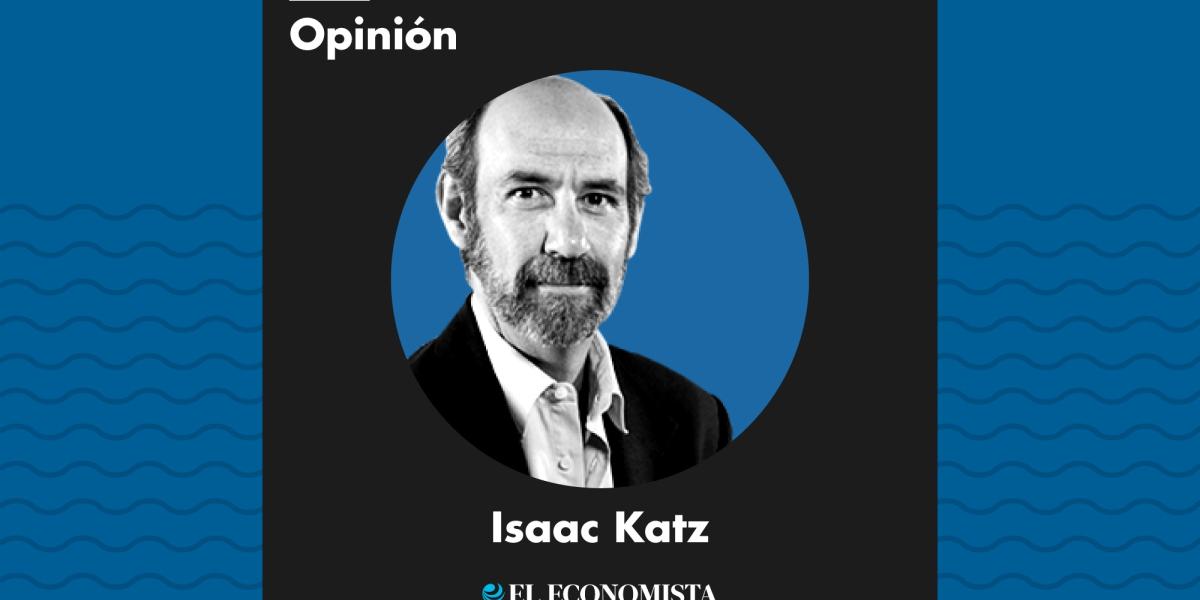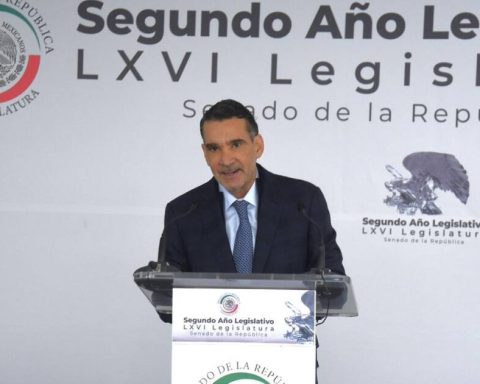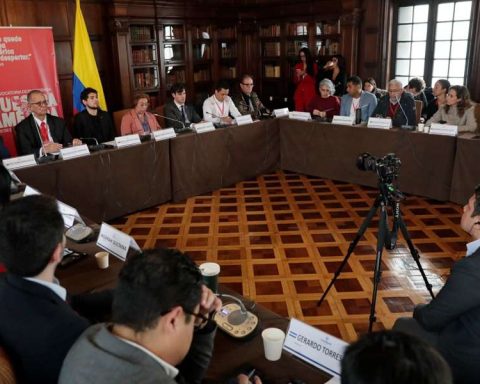Former President López bequeathed to President Sheinbaum a public finance situation that is far from healthy. Although he claimed that these had been handled prudently, in reality, he left the net financial position of the public sector significantly deteriorated by having looted the funds and trusts, to which we must add that his government incurred additional debt of 7 billion pesos, with which the balance of the Financial Requirements of the Public Sector will end this year at almost 18 billion pesos, 56% of GDP.
Furthermore, López inherited compromised public finances, starting with the fact that this year the financial deficit of the public sector will rise to 6.2% of GDP, the highest since 1982, the last year of the “tragic dozen.” Given that this level of deficit is not sustainable, an adjustment in public finances will be necessary both on the side of public revenues, which are structurally weak given the low tax collection, and on the spending side.
It is in the latter, spending, where things get complicated since there is not much room for maneuver given that there are four items of spending that are unavoidable: salaries of federal public sector employees, interest on internal and external debt, federal contributions to states and municipalities and pensions, which include pensioners under the 1973 law of the IMSS, those of the ISSSTE, as well as those of retirees from Pemex, CFE, IMSS and military personnel. These items absorb more than 70% of the federal public budget.
The adjustment in public finances on the spending side is complicated by the fact that there are several items that have gone from being temporary to structural: pensions for older adults at 65 years of age instead of at 70 (whether or not they have another pension), indexed to inflation and in a context of accelerated aging of the population, the Youth Building the Future and Sowing Life programs that are erroneously going to be included in the Constitution, the populace “pompadour” to some who retire under the Afore system, subsidies for several years at the whims of López (AIFA, the Mayan Train, the Interoceanic Railway in the Isthmus of Tehuantepec, Mexicana de Aviación, Exportadora de Sal).
To these items we must add, at least for next year, resources that must be allocated to finance the unfinished works (Dos Bocas, the two railways, including complementary works such as the expansion of the ports of Coatzacoalcos and Salina Cruz and the required infrastructure. to make possible the installation of manufacturing companies in the interoceanic corridor, the acquisition of aircraft for Mexicana de Aviación, etc.).
Furthermore, in case all this were not enough, and because there are ideological cobwebs in the head, it is proposed to continue transferring resources to the bankrupt Pemex, which maintains a meaningless business plan and which, due to its notorious inefficiency, instead of contributing to the nation The oil income, he keeps it and wastes it and still has no way to cover his debts, both financial and with his suppliers. We must also add the transfers to cover the deficit of the also notoriously expensive and inefficient CFE,
With finances weak and compromised, President Sheinbaum announced that there will not be a tax reform but only a collection effort through inspection, as well as three new spending items. The first, government transfers to women aged 60 to 64 (starting next year for those aged 63 and 64), a scholarship program for all basic education students (primary and secondary) of $1,900 per student plus an addition of $700 per additional child that poor families have (which will incentivize them to have more children) and the foolishness (not necessity) of investing in a passenger rail system.
Given the structurally weak public revenues, both tax and non-tax, and the growing spending commitments, and in a context in which a significant slowdown in economic activity is expected with its consequent impact on tax collection, it does not seem possible to make the adjustment of the magnitude required to reduce the deficit from 6% this year to 3% of GDP next year, as the Secretary of the Treasury stated at some point.
The government is inserted in a dynamic of public spending and fiscal deficit that is not sustainable in a context in which not making the required adjustment can entail significant costs, starting with the impact it would have on interest rates and the exchange rate. a lowering of the public debt rating, even more so if the investment grade is lost. The latter in itself is already in danger as a result of the institutional destruction carried out by former President López, in particular the aberrant judicial reform and the initiative to eliminate the autonomous bodies of the State, which would violate the T-MEC and other international treaties.
We will have to wait for the Economic Package that will be sent to Congress to see what magnitude the fiscal adjustment is proposed to be, not only for next year, but also for subsequent years, such that they bring the fiscal deficit to a level that is sustainable, that is, of no more than 1% of GDP and compatible, furthermore, with a monetary policy that aims for annual inflation of between 2 and 3 percent.
















